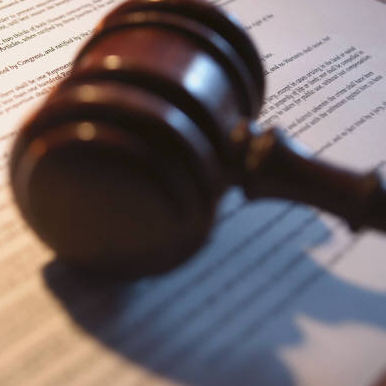What Kagan did write
 Most jurists leave a paper trail for interrogators to examine in the confirmation process when judges are nominated for advancement. We found out quickly this week that Elaine Kagan, nominated for a lifetime appointment to the U.S. Supreme Court, had neither a judicial background nor a paper ‘trail’. But what little she wrote does provide a paperweight for senators preparing for the confirmation hearings.
Most jurists leave a paper trail for interrogators to examine in the confirmation process when judges are nominated for advancement. We found out quickly this week that Elaine Kagan, nominated for a lifetime appointment to the U.S. Supreme Court, had neither a judicial background nor a paper ‘trail’. But what little she wrote does provide a paperweight for senators preparing for the confirmation hearings.
This Chicago Tribune op-ed by a member of the editorial board not known for critiques of this administration…..is especially candid and scrutinizing. Most importantly to me, it raises good questions.
Like….will Kagan become what she so criticized in her book review for the University of Chicago Law Review.
She reviewed Stephen Carter’s book “The Confirmation Mess,” which criticized how the fight over Robert Bork’s U.S. Supreme Court nomination turned the Senate’s constitutional “advise and consent” process into, as the book’s title suggests, a politicized mess.
You may recall how accusations of right-wing radicalism against Bork, led by Democratic Sen. Edward Kennedy of Massachusetts, were harsh enough to add “bork” to dictionaries as a verb for character assassination.
It was a debacle for all fair-minded people.
Yet, messy as it may have been, the young up-and-coming Kagan expresses a preference for Bork’s interrogation over the “official lovefests” she saw in hearings for Stephen Breyer and Ruth Bader Ginsburg.
While noting she did not mean to argue that nominees “must answer any question whatsoever,” Kagan said she deplored the “road of silence” on which “Carter and recent nominees would take us — to a place where comment of any kind on any issue that might bear in any way on any case that might at any time come before the court is thought inappropriate.”
Her words sound doubly ironic now.
And here, Clarence Page nails it:
She has accumulated an impressive resume as solicitor general and the first female dean of Harvard Law School without letting anyone know much about what she really believes — or if she deeply believes much of anything at all. As a result, she probably will survive the soul-crushing torture of Senate confirmation hearings and be easily confirmed, provided she ignores the advice she once offered quite forcefully to senators and to nominees who find themselves in the very confirmation process she now faces.
